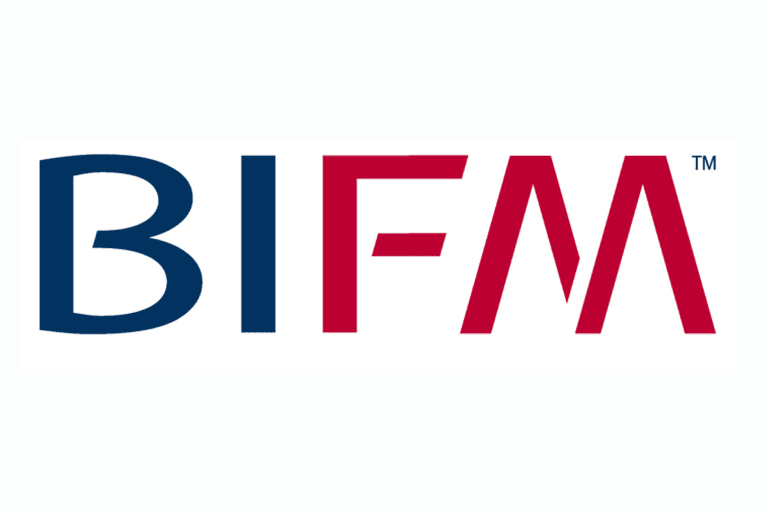The ballot of members on the BIFM’s proposed name change to the Institute of Workplace and Facilities Management has taken place, with those who voted deciding in favour of the proposal by a margin of three to one.The vote, which took place at the BIFM’s annual general meeting in Manchester’s Friends’ Meeting House, was taken as a special resolution; 75 per cent of those who voted opted to support the institute’s manifesto for change, comprising the name change and the move to pursue chartered status. BIFM has called the name change a “springboard” to help “reposition FM and raise the profile of the profession”. During the four-month campaign in support of the proposals, the institute made clear that it would continue to understand and share its members’ pride in their work and status as facilities managers – “and your unwillingness to throw away the history of professional endeavour which that evokes”. Taking advantage of the ‘workplace differentiator’ would, it said, help to “improve your status as a facilities manager”. The chairman of BIFM has responded to members voting at July’s AGM in favour of a special resolution to become the Institute of Workplace and Facilities Management. Stephen Roots told members that in voting for the new name, “you have also approved the direction we have set out for the next phase of our proud and progressive professional body”. The institute’s chief executive, Linda Hausmanis, (right) said that the IWFM “will be the professional body for the facilities and workplace profession – working to advance the profession representing those who contribute to workplace productivity and to operating and optimising our built environment”. During the campaign, BIFM had outlined its vision as being “the pioneering facilities and workplace management institution; the catalyst driving change for the future workforce; and the definitive voice enabling people to transform their organisations and their environments, inspiring and creating productivity and performance”. Commenting immediately after the vote at Manchester’s Friends Meeting House, Roots said: “This Special Resolution, quite rightly, required a high level of support to succeed. I want to say to everybody, whether you supported the name change proposal or not, that the board and I are absolutely committed to shaping an inclusive organisation that is fully committed to advancing the FM profession. “The Institute has a role in helping to reset expectations and forge ahead with making workplace and facilities management a career of choice for the coming generation. This mandate means we can really grasp the opportunity presented by the leading-edge associations of workplace to reposition what FMs do. “What we will now do, both in name and in deed, is to reframe expectations of the FM role, adding to it without taking anything away – and that includes our Britishness. “We are changing our name, not our geographical focus, but we do acknowledge that many of our members, including those overseas, have broader outlooks and we will continue to work closely with them as we have done for many years. “We have been preparing the ground for some time to strengthen our foundations and fit ourselves for a future of sustained development. “Our plans to refresh our brand and systems are already in progress and now that you have decided, we will adopt our new name and our new look before the end of the year.”It is expected that the new institute title will be adopted in November of this year. 1. How does all of this affect me? In summary, we aim to reposition FM as a workplace ‘interconnector’ enabling high-performing workplaces, and underlining the value, rather than the cost, of the function. By raising BIFM’s profile and the contribution of its members, we will start to produce information and tools to help members improve their personal status and skills and raise the profile of Workplace and FM more generally. During a period of transition, there will be no change to a member’s post-nominals: ABIFM, MBIFM, CBIFM or FBIFM will remain in use. We will communicate a timeline for the transition to IWFM and after that time a member’s post-nominals will change to e.g. AIWFM, MIWFM, CIWFM and FIWFM. We will communicate new post-nominals to each member at the appropriate time. In line with our pledge to minimise cost, we will send out new certificates as members renew their membership. For those working towards a BIFM qualification the title of their award will depend on the timing of their achievement in relation to the name change. The content and status of the qualification will not change, but once we become the Institute of Workplace and Facilities Management on 12 November, qualifications will be named and certificates presented in the new company livery. For example, if you achieve your qualification before 12 November a BIFM Level 4 Diploma in Facilities Management certificate will be issued by BIFM; if you achieve after that date both the qualification and the certificate will be IWFM Level 4 Diploma in Facilities Management. Over time we’ll work to include essential workplace elements within the FM professional standards and they will become The Workplace and FM Professional Standards. Qualifications will be reviewed in 2019, which may result in a revised qualifications suite, but the structures and formats of the existing ones remain valid. Learners who complete their BIFM qualification before November will receive a BIFM-branded certificate. Learners who complete their qualification after November will receive an IWFM-branded certificate. We will announce a detailed timetable of any changes in due course. 2. When will the name actually change? We will become the Institute of Workplace and Facilities Management on 12 November 2018. 3. How else will the institute change because of this vote? Things have already changed; we’ve upped our game on policy and research, improved our governance structure and strengthened the team; we’ve process engineered our internal systems to become more customer-focused and are working to develop new member benefits. This is helping us create a framework for ever greater support for FM professionals, not only in terms










